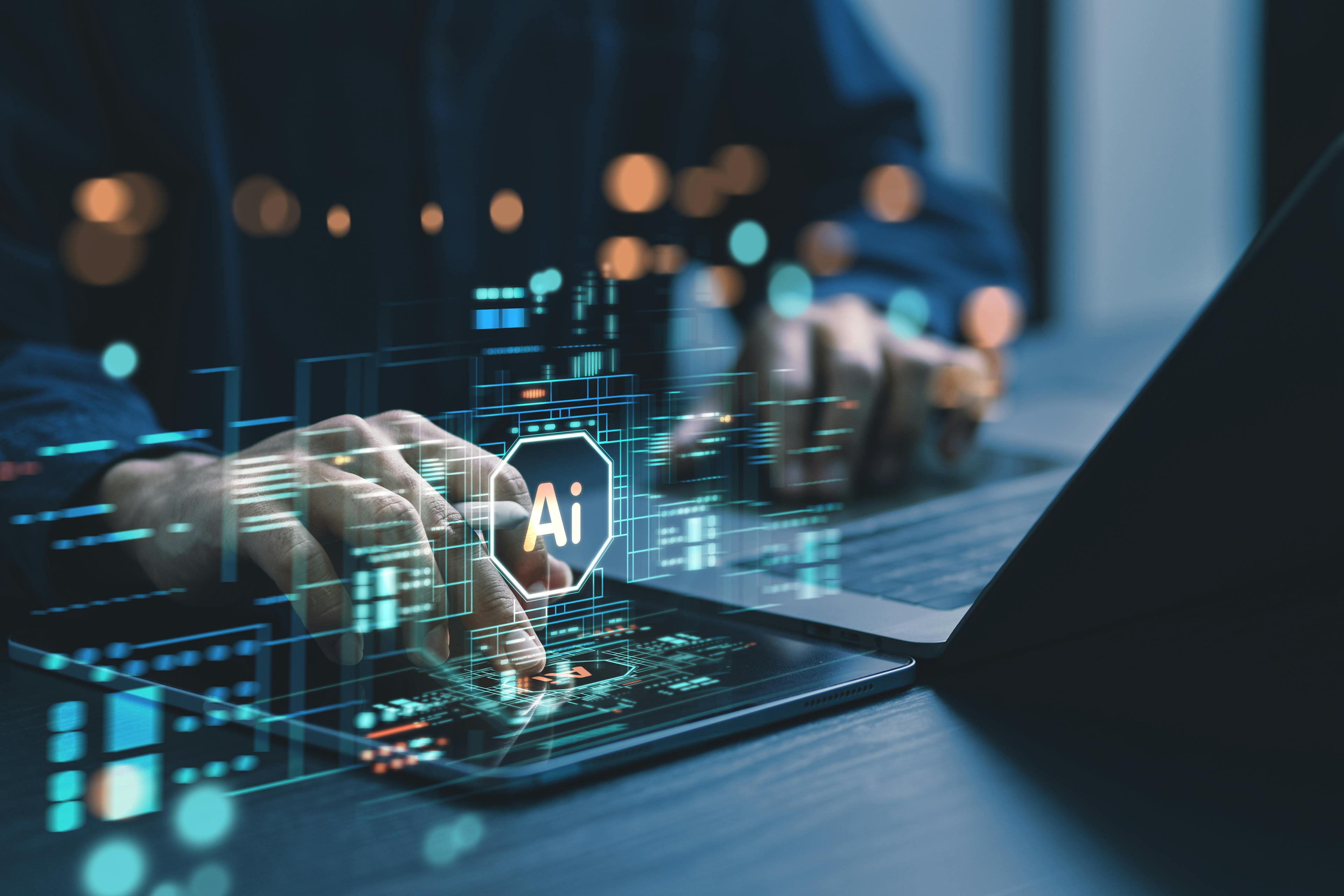Why own Nvidia when you can buy picks and shovels?

Everyone seems to be talking about “Artificial Intelligence” (AI) as the next industrial revolution which will impact all sectors. Nvidia has been the standout performer with its technological lead in designing AI chips. The stock has done brilliantly. It is worth more than all the stocks of the FTSE100 added together. But, we do not want to buy it. We do not have to buy it as we are not index trackers. Perhaps one of the issues with index funds is that they funnel a lot of money into whichever stocks happen to be the biggest and that means even stocks on very high valuations might be getting buyers for no other reason than their market capitalisation. So, if we do not own Nvidia, are we missing out on benefiting from the AI theme? We would argue that we are not missing out but can have diversified and perhaps more attractively valued exposure to AI related stocks.
While Nvidia may currently be the leading AI chip designer, it is not guaranteed to hold that status forever; we hold AMD which is one of the companies that could become a strong competitor to Nvidia. But, we also own “picks and shovels”. TSMC, the world's leading chip manufacturer, is essential to the industry – whether Nvidia or others are leading, TSMC wins from greater global demand for higher value chips. The production of chips relies on key materials like silicon wafers; we hold the industry leader, Shin-Etsu. Huge data centres are being built as part of the AI revolution; we have exposure to that construction through Ferguson (a key supplier to builders). Companies like United Rentals, which supply the heavy equipment needed for large-scale construction projects, have already performed very strongly over the last few years. Data centre cooling is a huge issue and a source of growing demand for Hitachi (they have just announced a strategic partnership with Open AI). We also invest in data centre operators like Amazon and Alphabet. The performance of these less-obvious “AI” names can be very strong; for example, Hitachi and United Rentals are up around fourfoldor more in the last five years.
Powering AI is incredibly energy-intensive and may increase global energy demand significantly. Meeting this demand, especially with clean energy, is an opportunity for leaders in turbine manufacturing like GE Vernova, another strong performer in our portfolios, but also for companies involved in power grid modernisation and decarbonisation. The diagram below illustrates the opportunities we have found related to power and also related to AI growth given the increase in power demand it creates.
Investing in the Future: Power, Grid, and Decarbonisation

Risk warning: The above is for example purposes only and should not be considered a solicitation to buy or sell a security.
Source: Company websites, W1M. Data as at 30 June 2025.
We are not convinced that allocating capital on the basis of company size is necessarily the best way to invest always.
We are convinced that “the AI theme” gives active investors many opportunities across sectors.
Past performance is not a reliable indicator of future results. The value of investments and the income derived from them may rise as well as fall, and investors may not get back the amount originally invested. Capital security is not guaranteed.
This material is provided for informational purposes only and does not constitute investment advice or a recommendation. It should not be considered an offer to buy or sell any financial instrument or security. Any investment should be made based on a full understanding of the relevant documentation, including a private placement memorandum or offering documents where applicable. W1M Wealth Management Limited is authorised and regulated by both by the Financial Conduct Authority of 12 Endeavour Square, London E20 1JN, with firm reference number 120776 and the U.S. Securities and Exchange Commission of 100 F Street, NE Washington, DC 20549, with firm reference number 801-63787. Registered in England and Wales, Company Number 02080604.
All rights reserved. No part of this publication may be reproduced, distributed, or transmitted in any form or by any means, including photocopying, recording, or other electronic or mechanical methods, without prior written permission from W1M Wealth Management Limited.
Copyright © 2025 W1M Wealth Management Limited.





